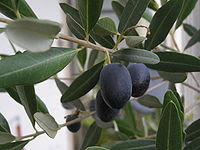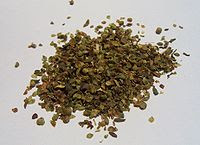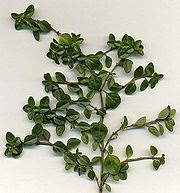Greece has an ancient culinary tradition dating back several millennia, and over the centuries Greek cuisine has evolved and absorbed numerous influences and influenced many cuisines itself.
Some dishes can be traced back to ancient Greece: lentil soup, retsina (white or rosé wine flavored with pine resin) and pasteli (candy bar with sesame seeds baked with honey); some to the Hellenistic and Roman periods: loukaniko (dried pork sausage); and Byzantium: feta cheese, avgotaraho (cured fish roe) and paximadi (traditional hard bread baked from corn, barley and rye). There are also many ancient and Byzantine dishes which are no longer consumed: porridge as the main staple, fish sauce, and salt water mixed into wine.
Many dishes are part of the larger tradition of Ottoman cuisine and their names reveal Arabic, Persian or Turkish roots: moussaka, tzatziki, yuvarlakia, keftethes, boureki, and so on. Many dishes' names probably entered the Greek vocabulary during Ottoman times, or earlier in contact with the Persians and the Arabs. Some dishes may be pre-Ottoman, only taking Turkish names later; Ash and Dalby, for example, speculate that grape-leaf dolmathes were made by the early Byzantine period.
A few dishes are influenced by Venetian (Italian) and French cuisines, such as pastitsio, makaronia me kima, (pasta with meat) found mostly in Greece and Anatolia and Asia Minor and regions of that influence.
Legend has it that Klephtico (or Kleftiko), which is slowly cooked lamb (or other meat), can be translated as 'stolen meat'. The Klephts, not having flocks of their own, would steal lambs or goats and cook the meat in a sealed pit to avoid the smoke being seen.









Δεν υπάρχουν σχόλια:
Δημοσίευση σχολίου